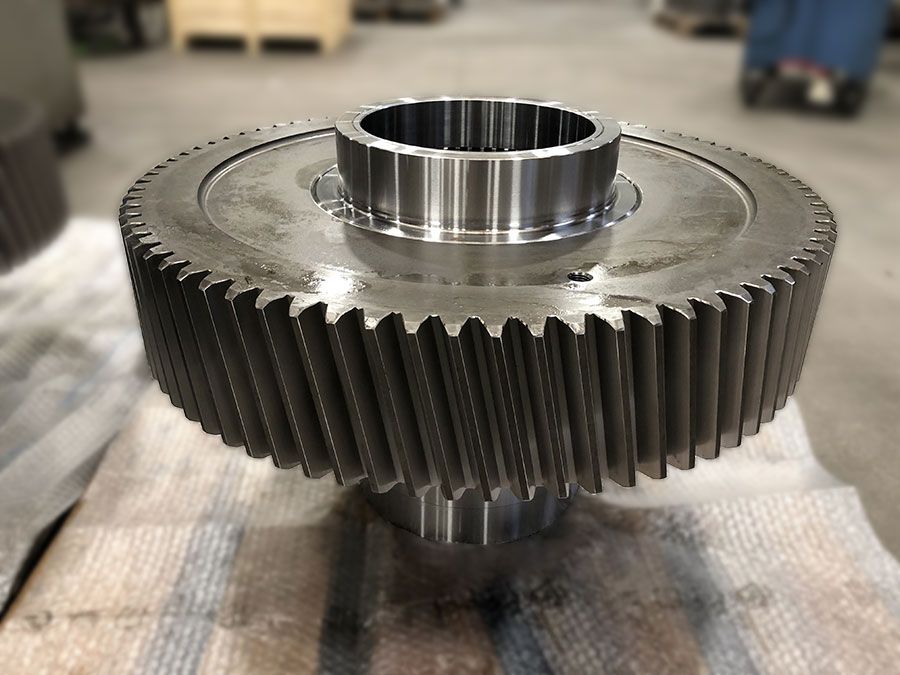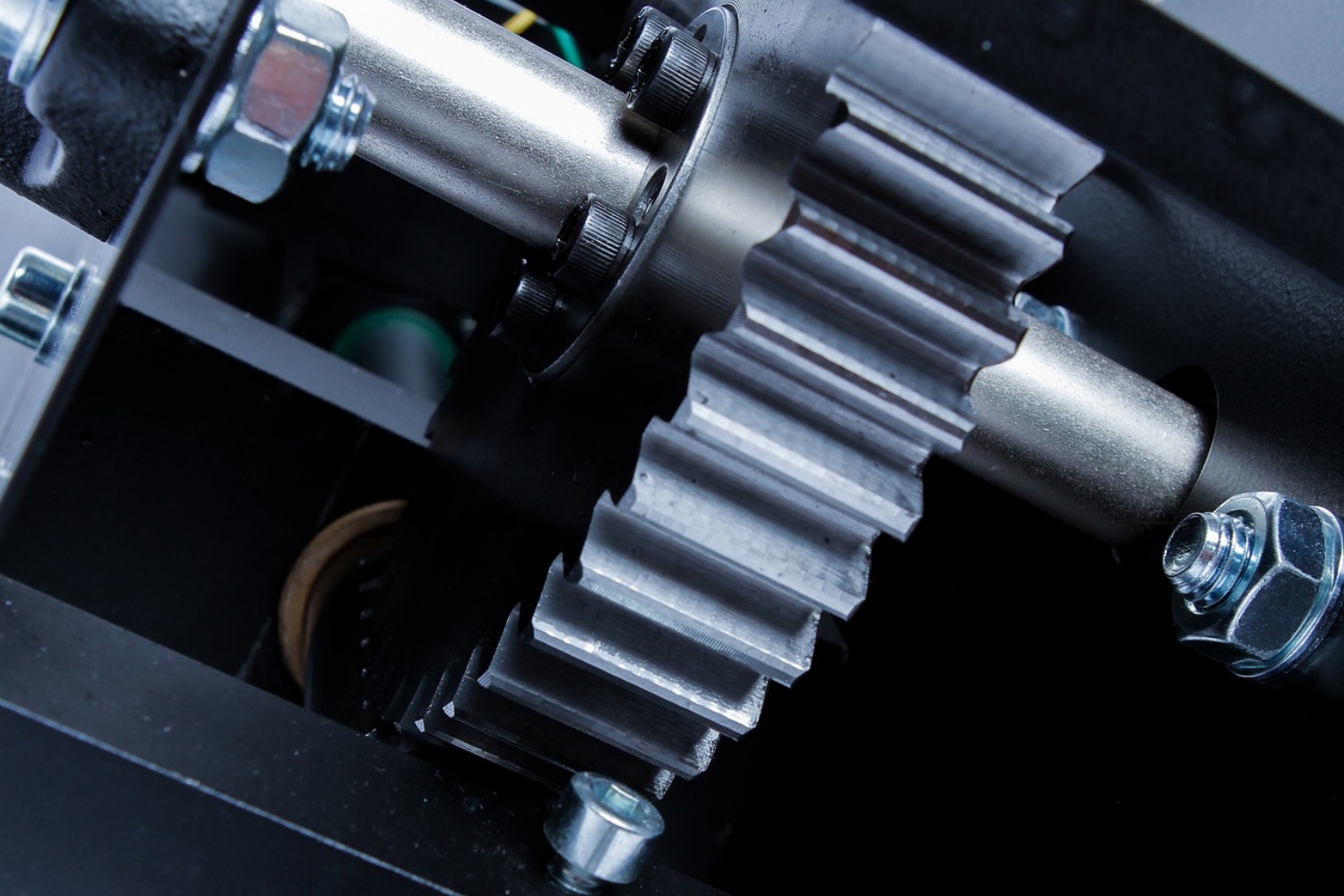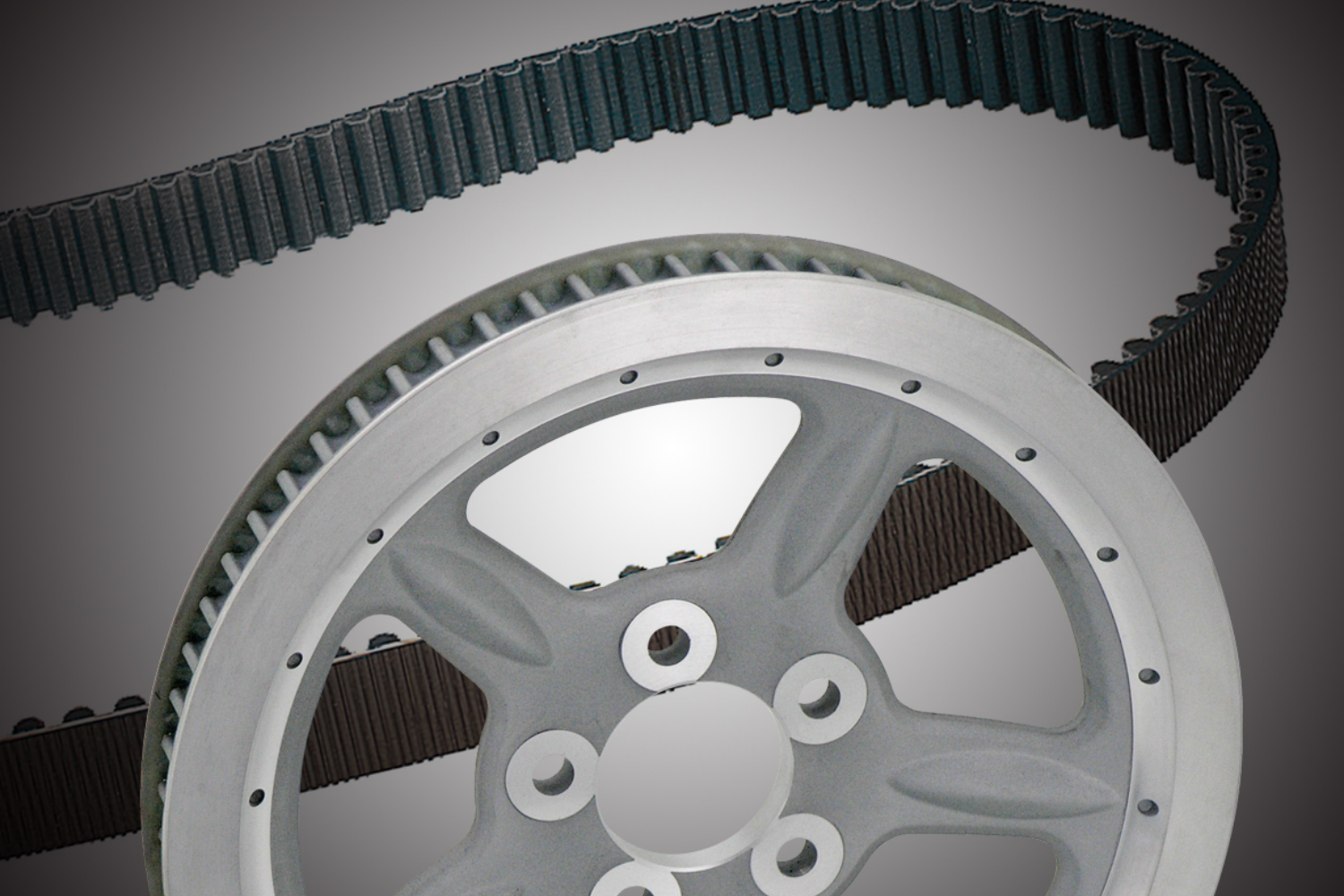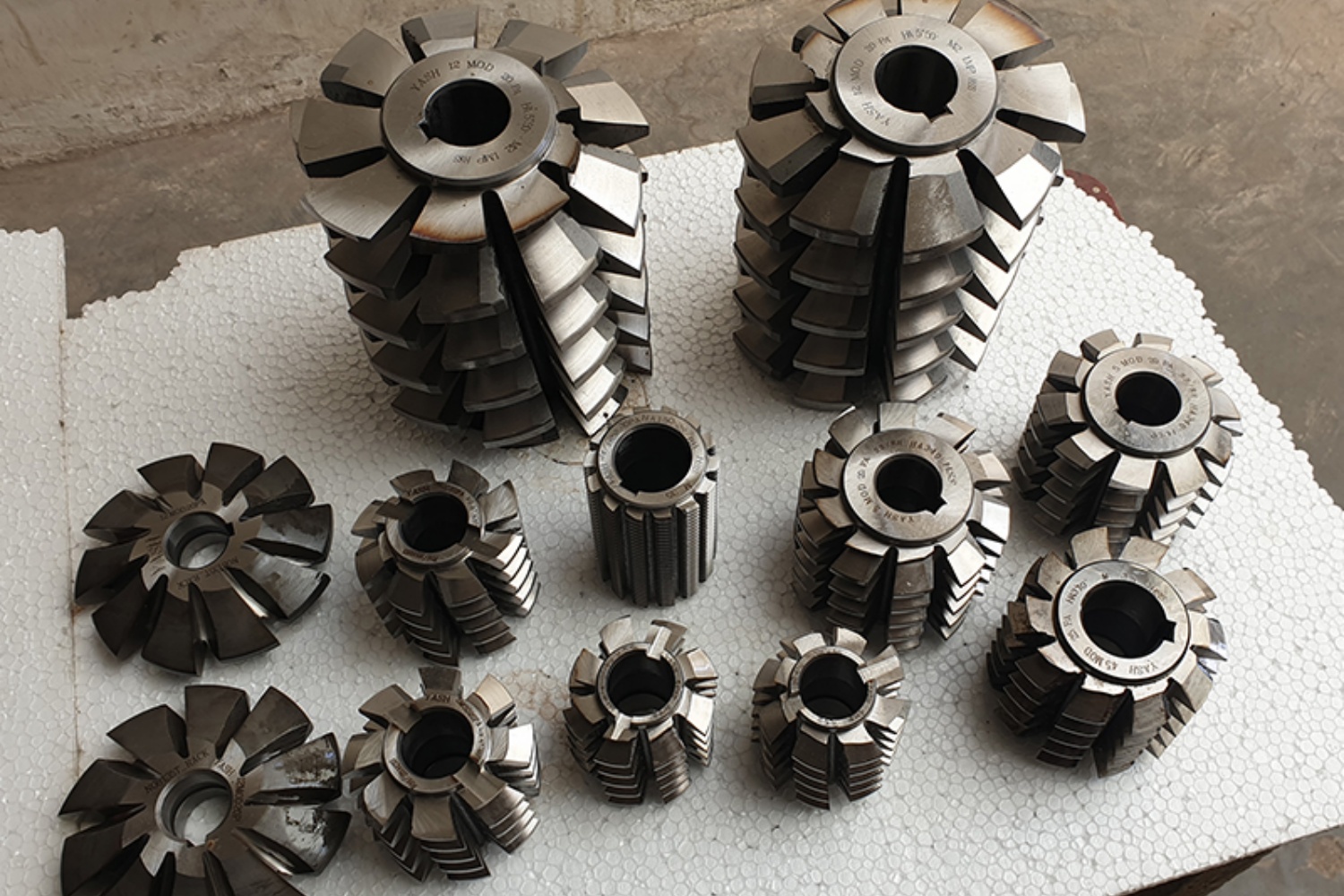Spur gears, with their simplicity and effectiveness, have been a cornerstone of mechanical power transmission systems for centuries. However, like any mechanical component, they are not immune to problems and challenges. We will explore some common issues that can arise in spur gear systems and how to troubleshoot and address them effectively.
1. Tooth Wear and Pitting
Problem: Over time, the teeth of spur gears can experience wear, especially if they are subjected to heavy loads and high speeds. This wear can manifest as pitting, a surface damage characterized by small craters or depressions on the gear teeth.
Solution: Regular maintenance is key to preventing and addressing tooth wear and pitting. Ensure that gears are adequately lubricated with the right type of lubricant for the application. Replacing gears or specific teeth may be necessary if the damage is severe.
2. Noise and Vibration
Problem: Excessive noise and vibration in a gear system can be signs of misalignment, backlash, or worn gears. These issues can lead to reduced efficiency and premature failure.
Solution: Properly align the gear components to minimize misalignment issues. Address backlash by adjusting gear meshing and ensure gears are in good condition. Regularly inspect and replace worn gears to mitigate noise and vibration problems.
3. Overloading
Problem: Subjecting spur gears to loads beyond their design limits can lead to gear tooth failure, breakage, or deformation.
Solution: Ensure that the gears are appropriately sized and rated for the intended application. Regularly inspect the gears for signs of overload, such as chipped or deformed teeth, and replace them as needed.
4. Lubrication Issues
Problem: Inadequate lubrication or the use of the wrong type of lubricant can result in increased friction, overheating, and gear wear.
Solution: Follow the manufacturer’s recommendations for lubrication. Use the correct lubricant and ensure that gears are adequately lubricated at all times. Regularly check the lubrication system and replenish or replace lubricant as needed.
5. Tooth Damage and Chipping
Problem: Spur gear teeth can become damaged or chipped due to impact loads, foreign debris, or material fatigue.
Solution: Implement proper safety measures to prevent impacts and foreign debris from entering the gear system. Regular inspections can help detect early signs of tooth damage, and damaged gears should be replaced promptly.
6. Axial Thrust Issues
Problem: Spur gears can generate axial thrust forces that need to be properly managed, especially in applications where thrust loads can lead to gear displacement.
Solution: Implement thrust bearings or other devices to manage axial thrust. Ensure that gears are properly supported to handle the thrust forces generated during operation.
7. Temperature and Thermal Expansion
Problem: Operating at high temperatures can lead to thermal expansion, which may affect gear meshing and alignment.
Solution: Consider the operating environment and select materials that can withstand elevated temperatures. Ensure that there is adequate clearance for thermal expansion and contraction in the gear system.
Spur gears remain a reliable and widely used choice for mechanical power transmission, but like all machinery components, they require proper care and attention. Regular maintenance, correct alignment, appropriate lubrication, and selecting the right gear materials can go a long way in preventing and addressing common problems in spur gear systems. Always consult with gear experts or manufacturers for guidance on specific issues and troubleshooting steps to ensure the long-term efficiency and reliability of your gear system.
CONTINUE READING
Related Posts
In the world of industrial manufacturing, the efficiency and reliability of transmission systems are critical to the success of any […]
In industrial settings, a smooth and quiet power transmission system is crucial for productivity, safety, and worker comfort. V Belt […]
Splines play a critical role in mechanical power transmission systems, enabling rotational motion and torque transfer between mating components. These […]





